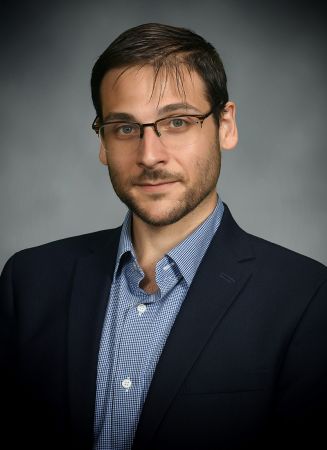
With disinformation rapidly on the rise, a group of researchers are working to fight back against this online threat.
The multidisciplinary research team, consisting of experts from Lehigh, the University at Buffalo, Clemson University, the University of Illinois Urbana-Champaign and Northeastern University, are developing digital literacy tools that aim to prevent the spread of harmful disinformation. Additionally, the project will share advanced techniques and timely materials to increase disinformation awareness and improve user resilience.
The project, titled "A Disinformation Range to Improve User Awareness and Resilience to Online Disinformation," is supported by a $750,000 award from the National Science Foundation's Convergence Accelerator.

Lehigh's Dominic DiFranzo, assistant professor of computer science and engineering, will work with the other investigators to develop the digital tools with the primary role of assisting in designing, building and deploying the platform.
“From addressing vaccine hesitancy to protecting our democratic norms, there has never been a greater time to educate the public on how to discern and address online misinformation,” DiFranzo says.
In addition to experts from disciplines such as computer science and engineering, cybersecurity, psychology, economics, the humanities and education, the research team involves community collaborators from local K-12 schools, senior citizen centers and non-profit groups promoting disinformation literacy in the Global South.
DiFranzo's expertise in designing social systems and digital literacy tools will play a major role in the development of the educational platform. The D-Range project will use a number of the technologies DiFranzo’s lab has built, like the Truman platform—a system that creates interactive social media simulations for large scale online experiments. DiFranzo will be expanding the tools while creating new ones to help implement the innovative educational platform.
In phases, the program will serve groups most vulnerable to online disinformation, starting with students in kindergarten through 12th grade, followed by senior citizens and citizens of the Global South with low information access.
This project, the researchers say, will consider the psychological and cultural differences in the standards of trust and the distinct vulnerabilities of these populations.
Next steps include designing the first prototype of the educational platform in the coming year, as well as applying for additional grants to expand the prototype into a full consumer product.


